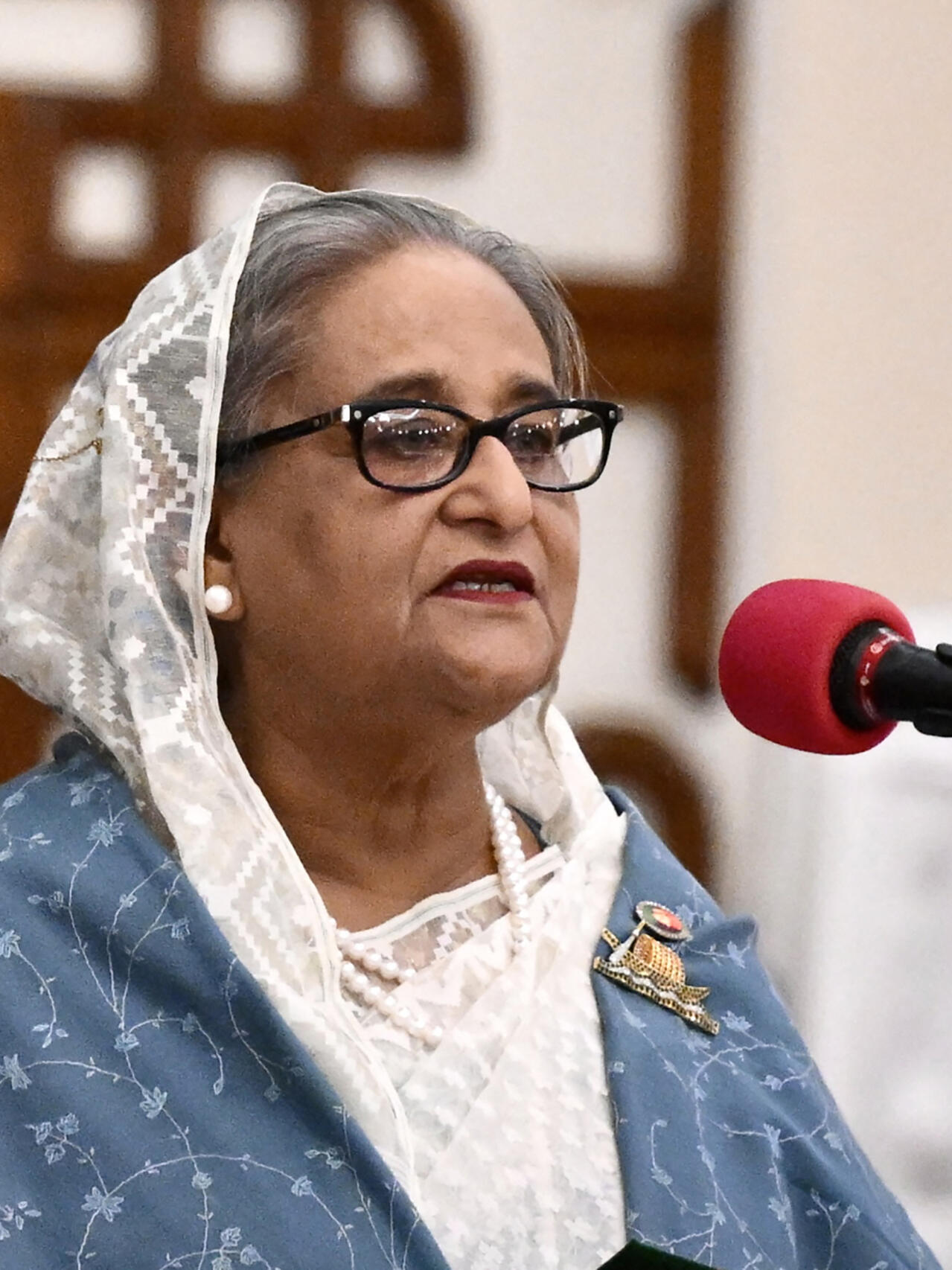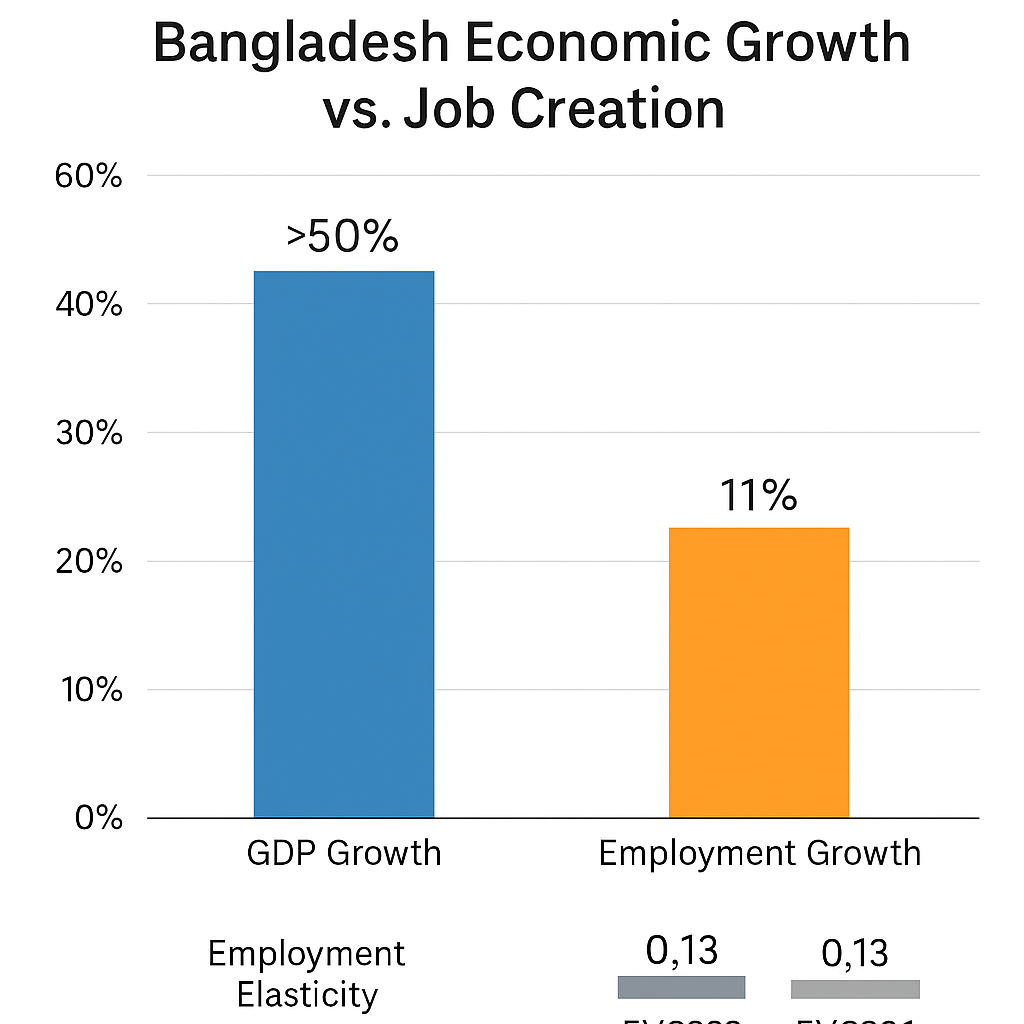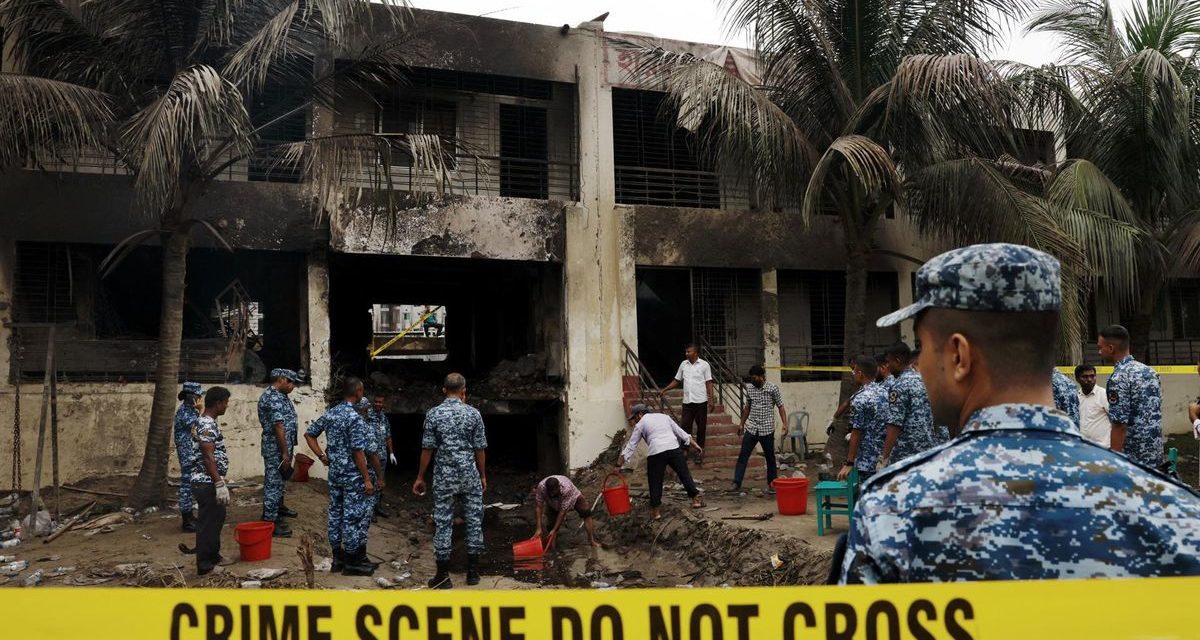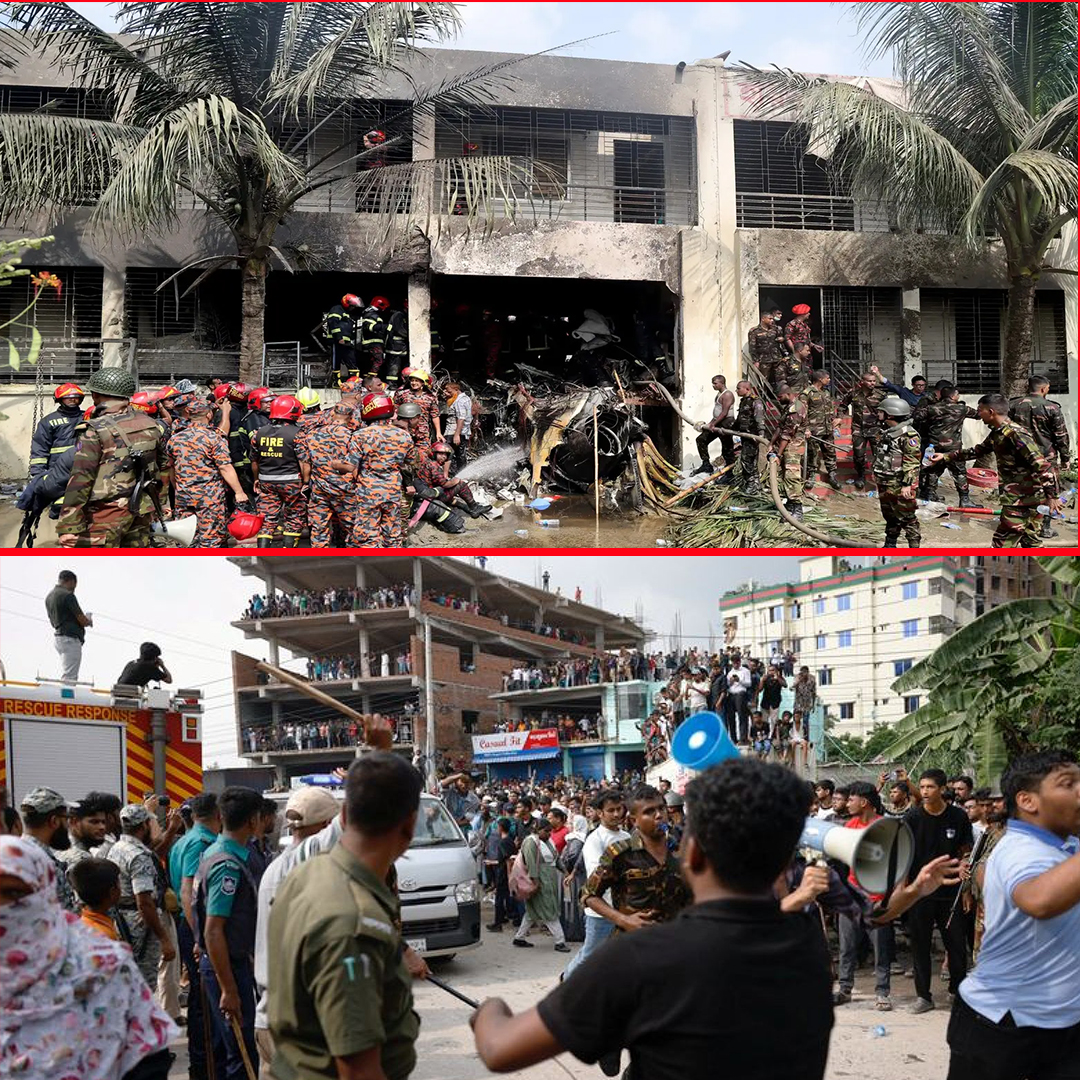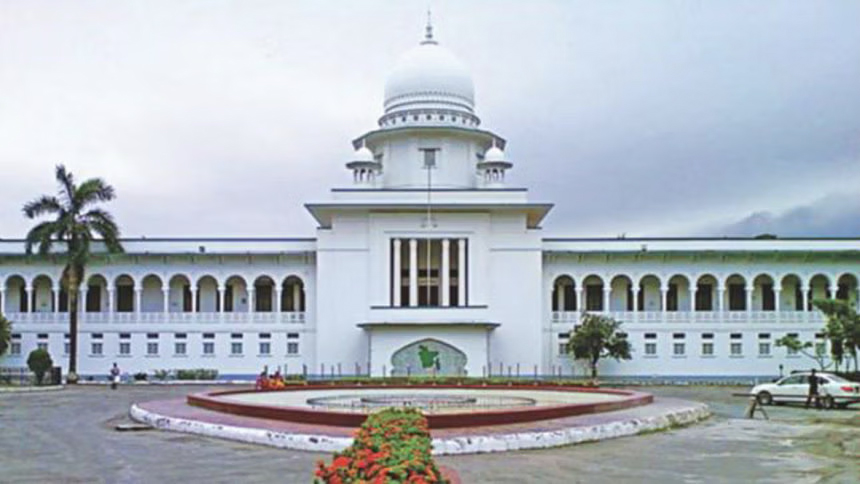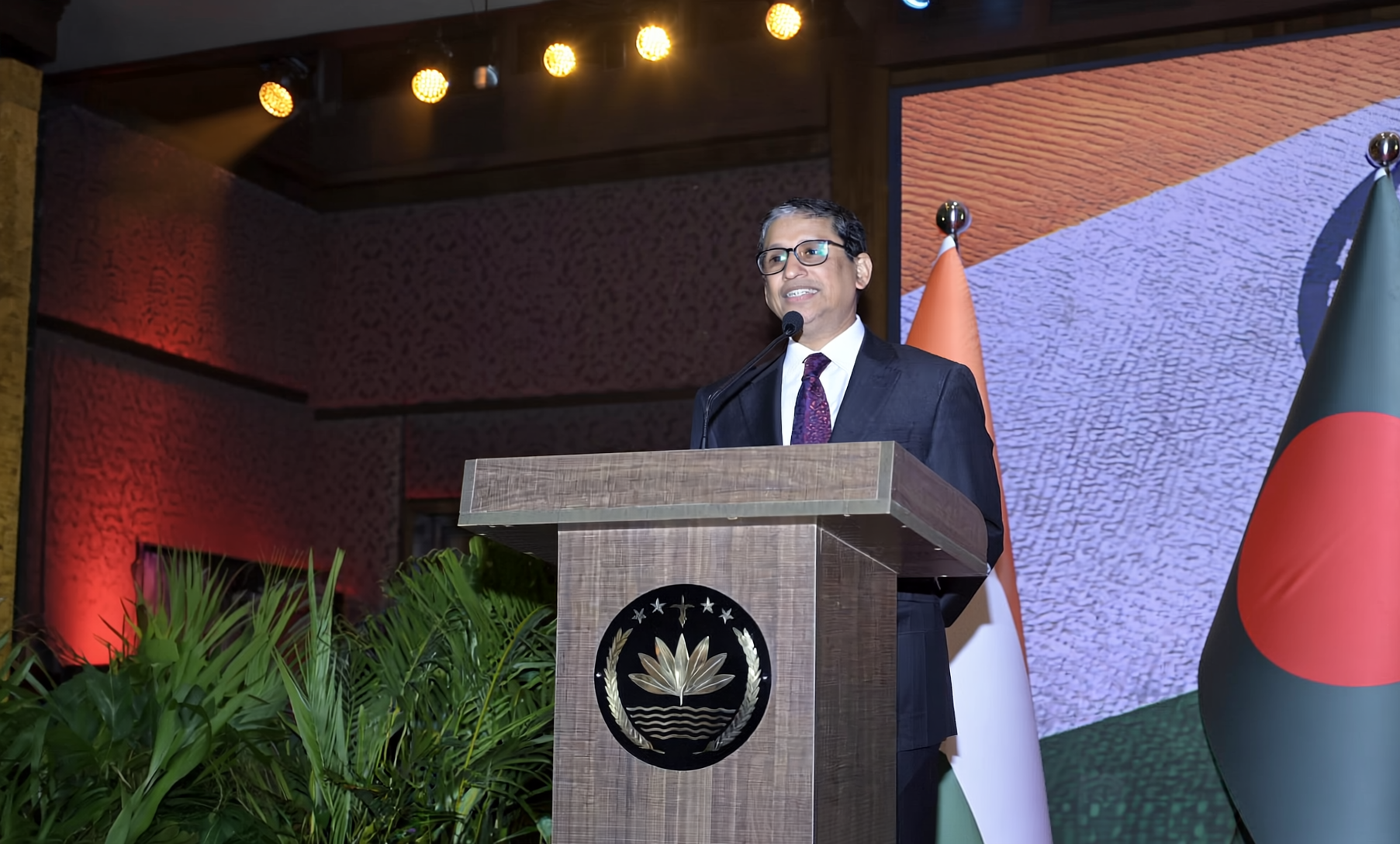
Bangladesh High Commission in New Delhi marks Independence Day with cultural celebration, diplomatic outreach, and commitment to India–Bangladesh relations.
On 19 June 2025, the Bangladesh High Commission in New Delhi hosted a grand celebration of the country’s Independence Day, albeit belatedly, due to the observance of Ramadan and the recent appointment of the new High Commissioner Riaz Hamidullah. Held at the prestigious Taj Palace Hotel, the event was attended by diplomats, senior Indian government officials, ambassadors from across the globe, scholars, cultural leaders, and members of the media. It was a demonstration of Bangladesh’s commitment to honoring its historical legacy while reinforcing its deepening relationship with India.
This year marks 53 years of Bangladesh’s independence, gained through a hard-fought liberation war in 1971. India’s critical role in supporting Bangladesh’s fight for freedom has formed the bedrock of the two countries’ bilateral relations, a partnership that continues to evolve in sectors such as trade, security, connectivity, and culture.
The evening began with the hoisting of the national flag of Bangladesh, followed by the singing of the national anthem. Messages from the highest leadership of Bangladesh were read out, including from President Mohammed Shahabuddin, Prime Minister Sheikh Hasina, Foreign Minister Dr. A.K. Abdul Momen, and State Minister Shahriar Alam. Each message paid tribute to the sacrifices of the nation’s martyrs, highlighted the achievements of Bangladesh, and reaffirmed the government’s dedication to peace and regional cooperation.
In his welcome speech, High Commissioner Riaz Hamidullah reflected on Bangladesh’s transformation from a war-torn nation to a rising economic and cultural force in South Asia. He underscored the importance of people-to-people diplomacy, noting that the deep-rooted friendship between India and Bangladesh is not only diplomatic but historical and emotional. “We are here today to remember our past and renew our commitment to a shared future,” he said.
As chief guest, Kirti Vardhan Singh, India’s Minister of State for External Affairs, spoke of the “time-tested, blood-soaked friendship” between the two neighbors. He emphasized India’s role in supporting Bangladesh during the 1971 Liberation War and expressed confidence in the continued growth of mutual cooperation. “The strength of India–Bangladesh relations lies in shared values, democratic ideals, and a commitment to peace and prosperity in South Asia,” Singh noted. He stressed collaboration in areas such as trade, border management, energy exchange, infrastructure, and cultural connectivity.
One of the emotional highlights of the evening was the screening of a documentary on the 1971 Liberation War, offering glimpses of the heroic struggle and sacrifice that led to Bangladesh’s birth. Guests observed a minute of silence in memory of the martyrs and leaders like Bangabandhu Sheikh Mujibur Rahman, whose vision shaped the nation.
The program was not just a reflection of history and diplomacy—it was also a celebration of culture. A culinary showcase featuring traditional Bangladeshi dishes added flavor to the evening. A team of five chefs specially flown in from Dhaka prepared an authentic spread, with Kacchi Biryani emerging as the evening’s standout dish. Guests, including foreign diplomats and Indian dignitaries, praised the rich aroma and flavor, calling it “a taste of Bangladesh’s soul.” The culinary section symbolized the country’s soft power and cultural depth.
Beyond the formal events, the occasion served as a platform for dialogue on future cooperation. Ambassadors and officials engaged in informal discussions on regional stability, climate change, water sharing, digital connectivity, and youth exchange programs. The High Commissioner reiterated Bangladesh’s interest in expanding collaboration in green energy, educational exchange, and trade logistics.
In interviews on the sidelines, scholars and analysts hailed the event as more than a ceremonial observance. “This kind of cultural diplomacy builds trust and understanding, especially between neighbors,” said one Indian academic. Another Bangladeshi participant added, “Even though this celebration was delayed, the warmth and significance were not lost—it was a timely reminder of what unites us.”
High Commissioner Hamidullah concluded the program by reaffirming Bangladesh’s gratitude toward India’s support during the liberation war and its continued partnership in peace and development. He noted that Bangladesh–India relations are now moving beyond the legacy of 1971 and entering a new phase of economic and strategic collaboration, especially through multilateral platforms like SAARC and BIMSTEC.
The belated Independence Day celebration may have arrived late on the calendar, but in tone, message, and meaning, it resonated strongly with all who attended. It celebrated not just a nation’s freedom but its ongoing journey towards inclusion, innovation, and international partnership. It reminded attendees that in a region too often fraught with tension, shared history and mutual respect can pave the way toward a better, more collaborative future.


